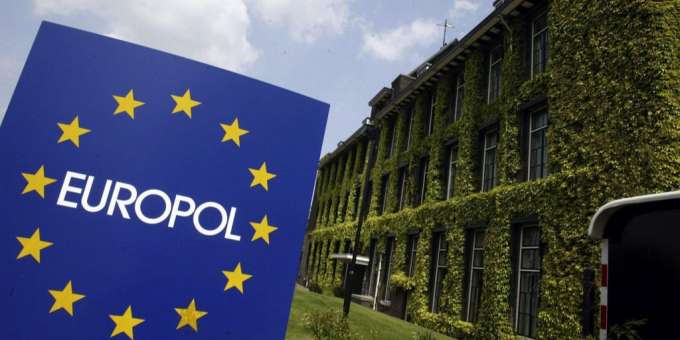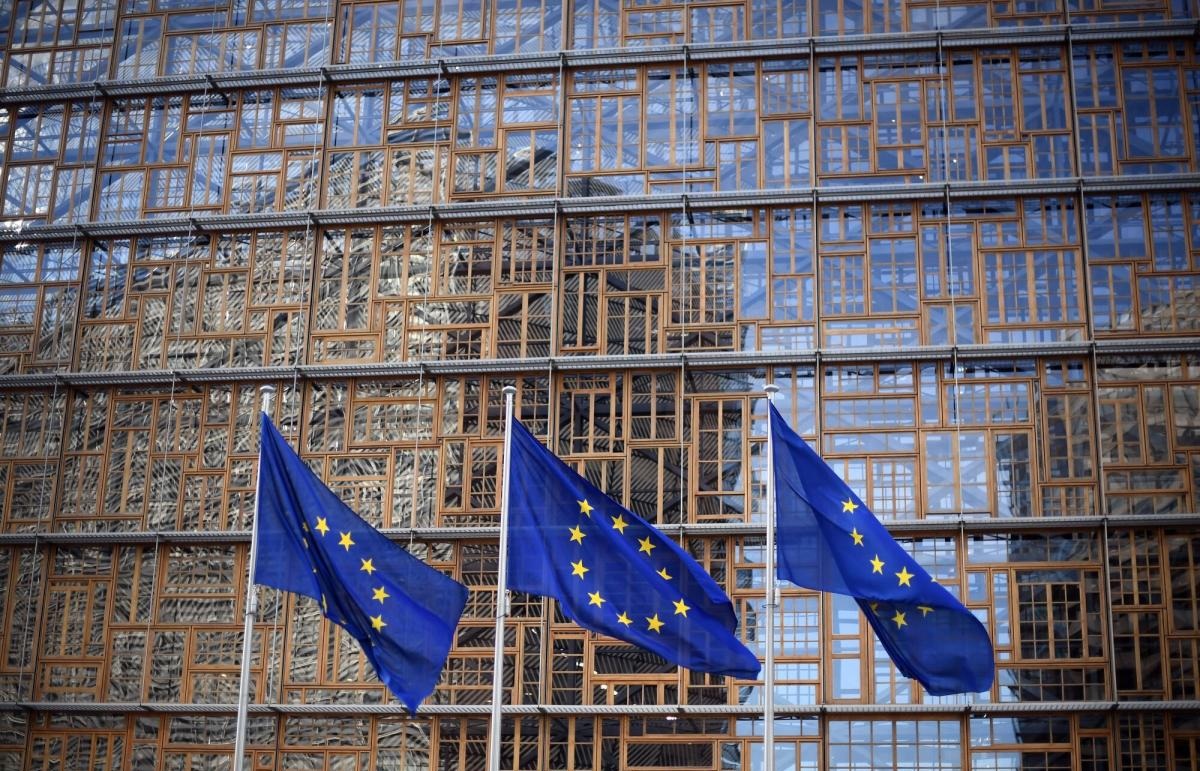Cooperation Mechanisms between European Intelligence Agencies to combat Radicalization nd Terrorism
European Center for Counterterrorism and Intelligence Studies in Germany and Netherlands.
The European Union and European Commission, as institutions and agencies, are making great efforts and taking measures to prevent extremism by introducing strategies that are based on coordination with the different actors in the issue of fighting violent extremism and countering terrorism, especially with EU states. The relevant bodies have determined strict means to fight the causes of extremism, through draining its sources, tracking abettors who promote hate speech, and cutting off funding which supports fundamentalist and extremist groups. In addition to that, the Europol is increasingly cooperating in intelligence coordination and provision of information to the European states and decision-makers to reduce the threat of extremism in Europe.
The EU Efforts in Fighting Extremism
- Special Measures to Combat Online Violent Extremism
A European Commission report noted, on September 12, 2018, that the European Commission proposed a regulation concerning “the prevention of publishing extremist content on the internet” (the European regulations apply directly and uniformly on all EU states when approved). The proposed regulation focuses only on the content related to extremism and terrorism. The proposal requires platform providers to remove any terrorism-related content within an hour of a notice being issued and to take measures to ensure it’s not re-uploaded. These two measures would set up effective barriers to extremists who try to misuse the internet or social media.
The EU, in its pre-European elections session, agreed on the proposed regulation, with some adjustments, and obliged platform providers to take measures to prevent the upload of extremist content, according to an EU final report on April 17, 2019.
On May 15, 2019, the GIP Digital Watch Observatory said that the world leaders and CEOs of tech companies, together with the EU and other international organizations, held a meeting to agree on a pledge called “Christchurch Call” to eliminate terrorist and violent extremist content online. The Christchurch Summit is an attempt to bring to an end the ability to use social media to organize and promote terrorism and violent extremism, in the wake of the 15 March terrorist attacks in Christchurch, New Zealand.
- Information Exchange Platforms between EU States to Combat Violent Extremism and Terrorism
According to a European Council report on June 14, 2018, the platforms and systems endorsed by one of the EU regulations are: Entry-Exit-System (EES), Visa Information System (VIS), European Travel Information and Authorization System (ETIAS), Schengen Information System (SIS), European Criminal Records Information System to Third Country Nationals (ECRIS-TCN), Europol Information System (EIS), in addition to Europol data and some Interpol databases regarding travel documents. The European regulation on systems and platforms include:
- European search portal that allows the relevant authorities to search in various information systems simultaneously, using biographical information and biometric measures alike.
- Shared biometric matching service that enables searching and comparing biometric data (fingerprints and facial images) from various systems.
- Common Identity Repository in which fingerprints and facial images are stored with personal data for third-country nationals that are available in several EU information systems.
- Multiple Identity Detector it checks if the personal data of a new entry exists in other systems, to detect multiple identities connected to the same group of biometric data.
According to the official website of the Council of Europe Committee on Counter-Terrorism, the committee provides a special platform for country profiles on legislative and institutional counter-terrorism situation in member States, and helps exchange best practices and promote the effective implementation of Council of Europe instruments applicable to the fight against violent extremism and terrorism.
Other Measures
According to Asharq Al Awsat, on July 7, 2019, the EU took other measures to fight extremism through programs for prisons, education, strengthening the external borders of the EU, appropriate checks in all border crossings using the relevant databases, and ensuring legal procedures to investigate terrorist acts. In addition, restricting the possession of knives, dealing with the issue of drones, and tightening the European regulations for purchasing the primary materials required for the manufacturing of explosives. There’s also a need for identifying a common definition for a terrorism victim on the EU level, and establishing a European coordination center for the victims of terrorism, to provide help and support during crises and after attacks.
Europol Tasks and its Role in Feeding European Intelligence with Information
According to the Europol Programming Document 2019-2021, released on January 29, 2019, the Europol task of intelligence gathering, coordination and management among European states is accomplished through:
- Monitoring the flow of information related to law enforcement around the clock.
- Managing operational information related to the screening process performed by a guest officer deployed to hotspots.
- Making an in-depth analysis for information related to the screening process.
- Identifying emerging threats and developments.
- Detecting the connections between terrorism and organized crime through close cooperation.
Europol Centers
- Providing support in a vast collection of terrorism-related areas and in the field of responding to a major terrorist crisis.
- Managing the operational platform for combating terrorism and violent extremism and the First Response Network.
- Supporting the deployment of mobile offices.
- Providing technical/forensic support on-site.
With the aim of feeding European intelligence services with the needed information to fight extremism, the Europol established the Europol Information System (EIS). According to the Europol official website, this system represents a central database for criminal and intelligence information. It covers all the areas of crime mandated by the European police, including fighting violent extremism and counter-terrorism.
There are more than 24 European countries and organizations that use the electronic communication system to exchange the lists of extremists and foreign terrorist fighters, and about 20 counter-terrorism units have direct access to it. The foreign terrorist fighters list has increased to 7800 individuals, with the contribution of 24 European countries under the intelligence coordination between them and the Europol.
The Europol also created a specialized center that aims to provide information and exchange them with European countries, the European Counter Terrorism Centre, established in 2016. According to the official website of the Center, its job is to exchange information and make intelligence analysis and coordination. The EU member states and relevant third-parties use what the center provides from information and intelligence support, particularly in fighting violent extremism and countering terrorism.
The former director of the Europol, Rob Wainwright, said: “the opening of the European Counter Terrorism Centre was a major milestone in counter-terrorism… we can see that the EU member states are using the center’s services, and we notice a significant increase in information exchange… the Europol is already taking measures, in cooperation with its partners, to enhance cooperation in order to prevent extremism.”
Conclusion
Extremism and terrorism history in Europe is a history of ups and downs. In general, extremist movements in Europe have proved resilient. Although the new, more strict measures to fight extremism and terrorism have apparently undermined the ability of some dangerous terrorist organizations, such as ISIS, for the time being, European countries are still at risk of extremism and terrorism, especially with the lack of accurate data on extremist and terrorist sleeper cells.
For the EU, the problem is the lack of a shared vision for the necessary “mechanisms” to fight terrorism. This is due to the different approaches of European countries to counter violent extremism and terrorist threats, and the difference in dealing with the source of extremism; some European countries consider the source home-grown, while others consider it external. The Europol tried to overcome these differences by establishing joint platforms and units, but they are insufficient to bridge the gap between the EU member states in the issue of fighting extremism and counter-terrorism.
Recommendations
- Reviewing the EU principle for combating terrorism and violent extremism, that dates back to 2005.
- The European Commission takes strict measures on the necessity of finding a shared European vision for fighting violent extremism.
- Increasing coordination between the Europol, European countries, and the countries whose nationals are a potential source of spreading extremism on European territories.
- The European institutions coordinate their efforts and deepen their treatment of integration issues.
- Putting special marks on the extremists’ IDs to be easily recognized inside or outside the European territories, to track their movements.
Publishing rights reserved to European Center for Counterterrorism and Intelligence Studies in Germany and Netherlands.




